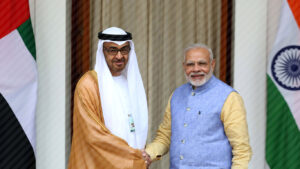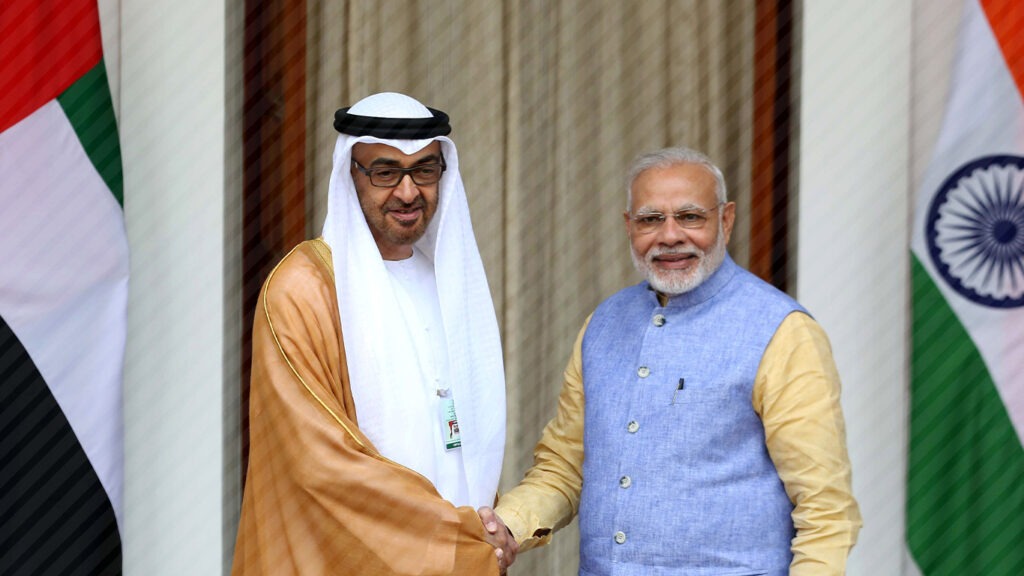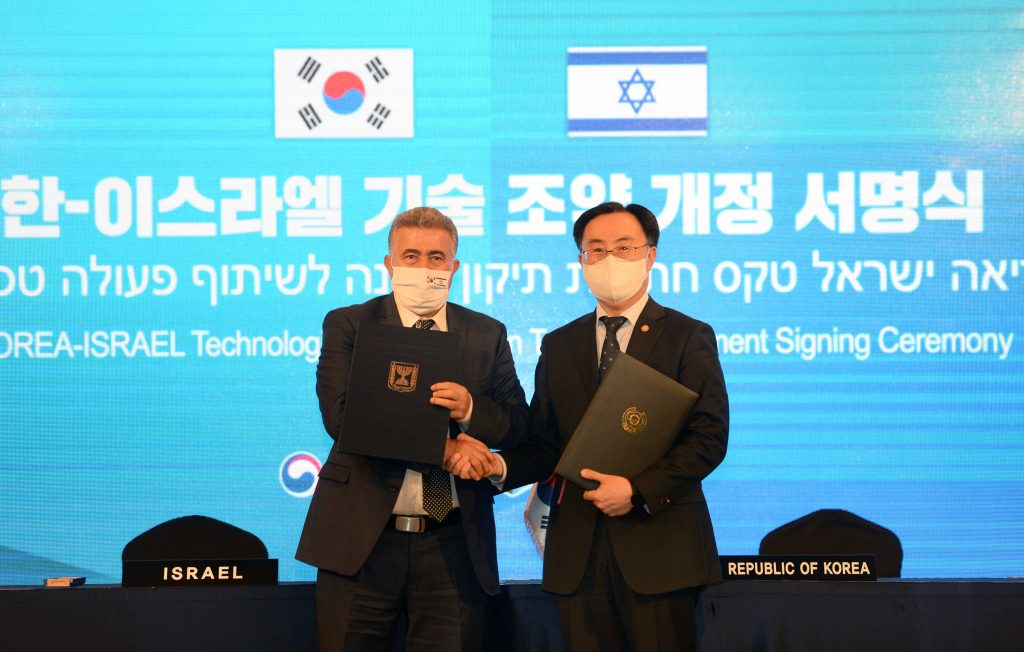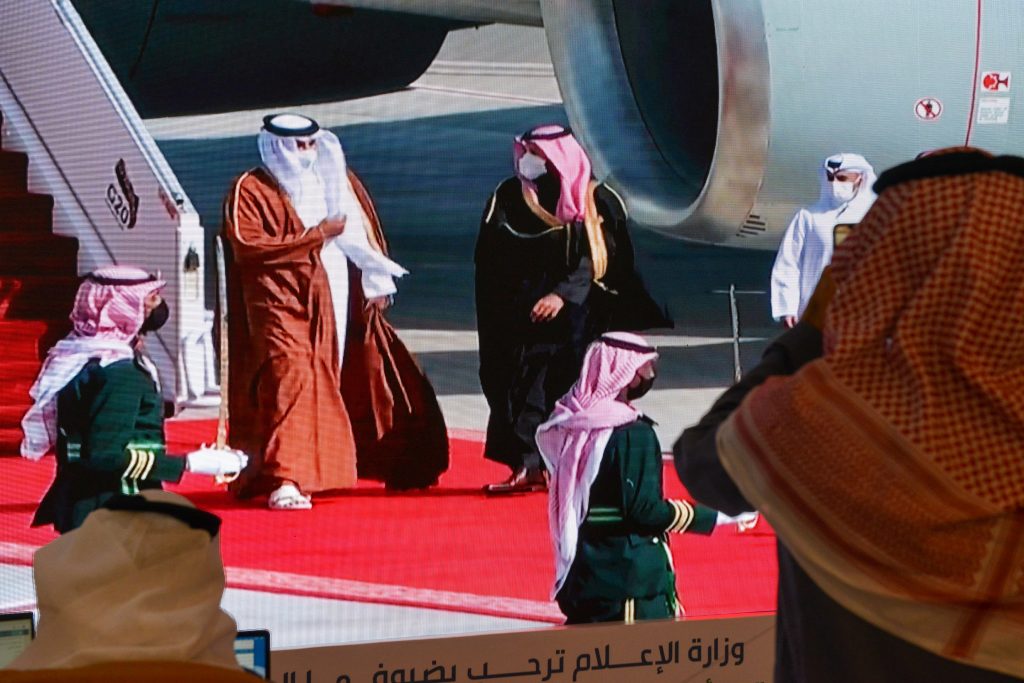The Middle East Institute at the National University of Singapore is calling for abstract submissions for a new series in our publication Insights. The series will be dedicated to India’s relations with the Middle East.
 Photo: Al Sharq Strategic Research
Photo: Al Sharq Strategic Research
This edited volume will explore the growing multifaceted ties between India and the Middle East, particularly the Gulf countries, with the aim of understanding the potential challenges facing those relationships and how they are likely to evolve.
Some of the questions worth examining are:
- Where does the Middle East lie in India’s strategic vision? What are the primary drivers of India’s relations with the Middle East? How is India perceived in the Middle East? Does the Pakistan factor have any bearing on how countries of the Middle East relate to India?
- What is the role of the Gulf countries in India’s energy security calculus? How does India plan for the energy transition and how will those plans affect India’s future relationship with these countries. What are the prospects for cooperation between India and the Gulf countries on renewable energy?
- Does India have the will and capability to play a leadership role in the Middle East, especially with the US “rebalance” towards the Asia-Pacific and China’s growing naval and economic footprint in the region? What are the constraints that stand in the way of India playing a larger role in the region?
- How significant is military cooperation between India and the Middle East? Is there scope for upgrading the relationship, for instance, in the area of joint defence production?
- What is India’s role in the recently established quadrilateral grouping, the I2U2, involving India, Israel, the UAE and the United States? Given India’s independent approach to various geopolitical issues (e.g., its stance on the Russian invasion of Ukraine) — and even the extensive economic and infrastructure cooperation that the UAE and Israel have with China, much to the displeasure of the United States — can the grouping go beyond its focus on technology and economic cooperation to take a more geostrategic character?
- India has thus far sought to balance its relationships with Iran and the Arab Gulf countries. Has its recent compliance with US energy sanctions on Iran affected its ability to achieve its strategic interests in Iran, especially as China has continued importing oil from Iran and Iran’s strategic partnerships with Russia and China have deepened recently?
- What role does the Indian diaspora play in India’s relations with the Gulf countries apart from the importance of the remittances they send back to India? How has India managed tensions arising from instances of abuse and exploitation of Indian workers in the Gulf region?
The above themes are not meant to be exhaustive; researchers are free to explore other facets of and issues in India’s relations with the Middle East. We would also welcome papers on India’s bilateral relations with key countries in the Middle East such as the UAE, Israel and Iran, focusing on the main determinants of those ties and the opportunities and challenges that lie ahead.
Interested scholars are invited to submit 250-word abstracts (in prose or point form) that clearly outline their central arguments and key assessments. A bio of about 200 words should accompany the abstract.
Scholars whose proposals are accepted will be given a second deadline for full paper submission. Papers should be 2,000-3,000 words long, excluding footnotes. (Please refer to these guidelines.) If accepted for publication, papers will initially be published online as standalone articles and subsequently as part of a compiled volume.
Abstracts should be sent by 28 February 2023 to the series editor, Dr Asif Shuja, at the following email address: meiasif@nus.edu.sg. Please write the following in the subject field of the email: “MEI Insight Series: India-Middle East Relations”. If you have any queries, please email the series editor at the abovementioned email address.




